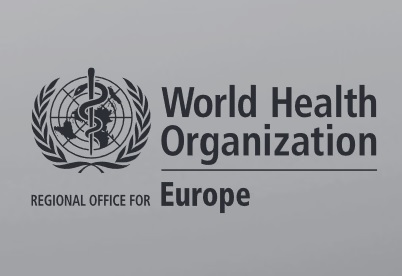
A newly released Health Evidence Network report gives an overview of how the international recommendations on effective TB, HIV and viral hepatitis services for refugees and migrants are implemented within national policies across the WHO European Region.
International recommendations on effective services to treat tuberculosis (TB), HIV and viral hepatitis for refugees and migrants lack implementation across the WHO European Region, says a new WHO report.
Refugees and migrants in many countries in the Region are disproportionately affected by communicable diseases such as TB, HIV and viral hepatitis. At the same time, they often face difficulties in accessing needed health services. To address this, WHO/Europe has developed several action plans to deliver effective services for treating TB, HIV and viral hepatitis.
A newly released Health Evidence Network (HEN) report gives an overview of how these recommendations are implemented within national policies and guidelines. The report found that:
Based on the synthesized evidence, the main policy considerations for Member States to improve TB, HIV and viral hepatitis services for refugees and migrants are to:
Evidence-informed policy-making is a core function of WHO/Europe, which works to ensure that the best available evidence is used to formulate national and regional policies and practices. To this end, the HEN Secretariat closely collaborated with the Joint Infectious Diseases Programme and the Migration and Health Programme to produce a reliable evidence base on guidelines and policies for effective TB, HIV and viral hepatitis services for refugees and migrants.
Tuberculosis action plan for the WHO European Region 2016–2020
Action plan for the health sector response to HIV in the WHO European Region
Action plan for the health sector response to viral hepatitis in the WHO European Region
Source: WHO